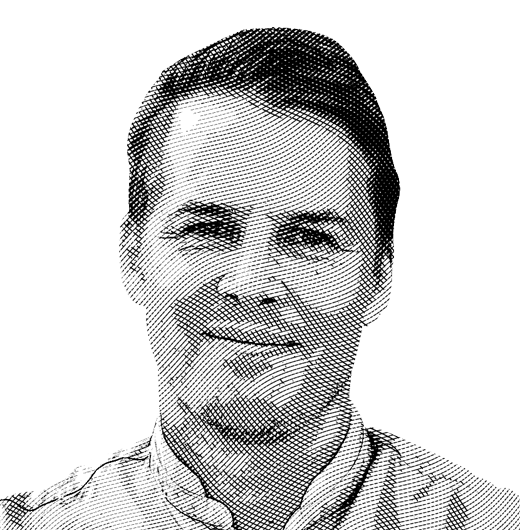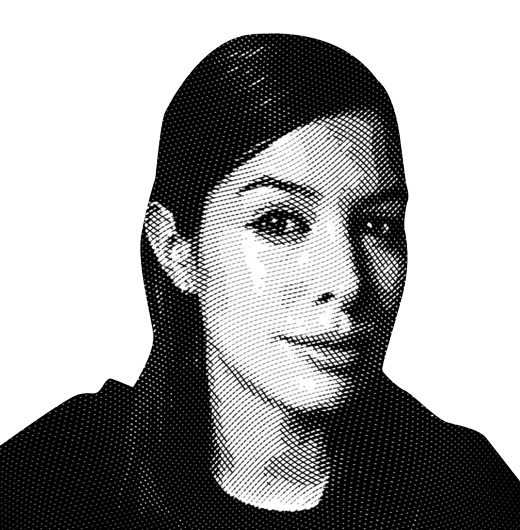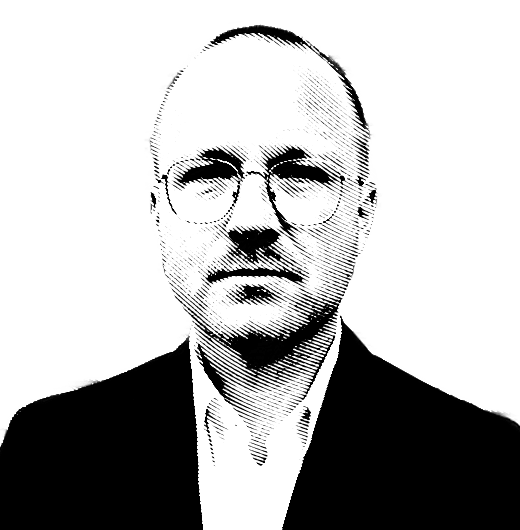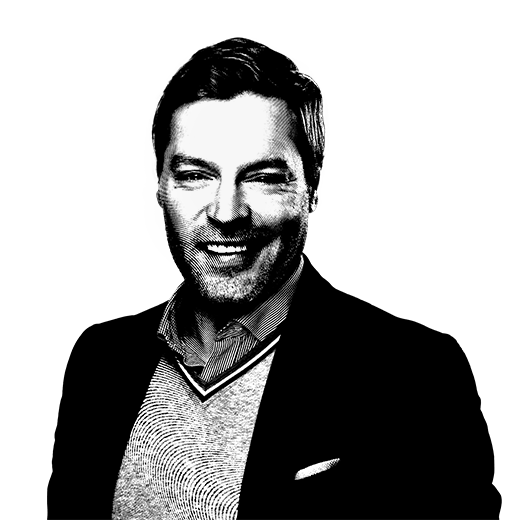W.I.R.E. is an independent think tank that curates the shaping of the future at the interface between science and practice. The foundation for this is a systematic early recognition of relevant developments and their translation into long-term strategies and fields of action for private and public organisations and their decision makers.
As an interdisciplinary platform, W.I.R.E. has distinguished itself since its foundation in 2007 through its comprehensive understanding of the economy and society and uses this knowledge to develop long-term decision-making bases, ideas and new approaches to solutions. The thematic expertise of W.I.R.E. focuses on the wider consequences of the digital transformation and the linking of market and societal innovation in various sectors ranging from health and financial services to real estate and media.
In addition to the analysis and classification of new technologies, business models and social trends, W.I.R.E.'s competence includes a multidimensional information architecture as a basis for tailor-made multimedia publications, event formats, exhibitions and keynotes. In the tradition of alchemy, the think tank develops tangible concepts in the form of "real-life labs" or prototypes for the 21st century. The think tank has an international network of thought leaders and decision makers as well as partnerships with leading companies, universities and designers.
« go back
ISABEL HOFFET
M Sc. Business Analytics, Nova School of Business and Economics, Lisbon
Isabel Hoffet is a project manager at W.I.R.E. She analyses the impact of trends and technologies on business, science and society as part of strategic projects. After completing her Bachelor's degree in International Affairs at the University of St. Gallen, specialising in sustainability, she implemented digital innovations for the pharmaceutical company Roche Diagnostics. She then completed a Master of Science in Business Analytics at the Nova School of Business and Economics in Lisbon and used predictive modelling in her Master's thesis to investigate the impact of increasing programming skills among the European population on economic growth and resilience.












